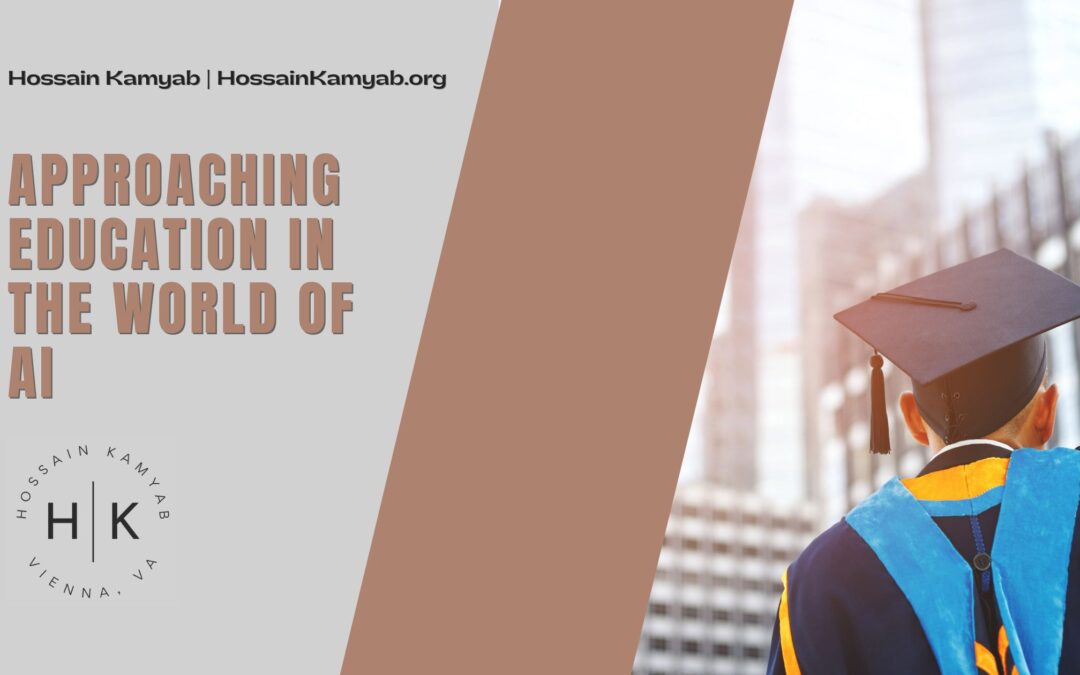The transformative impact of AI on our daily lives becomes increasingly apparent. From virtual assistants to autonomous vehicles, AI technologies are reshaping industries and revolutionizing the way we work, communicate, and learn. In this rapidly evolving landscape, it’s crucial for educators and students alike to adapt and embrace the opportunities and challenges presented by AI.
Understanding AI
The first step in approaching education in the world of AI is to develop a solid understanding of what AI is and how it works. AI encompasses a broad range of technologies that enable machines to perform tasks that traditionally require human intelligence, such as problem-solving, decision-making, and language translation. Educators should familiarize themselves with the basic principles of AI and its various applications across different domains.
Integration into Curricula
AI can be integrated into educational curricula at all levels, from primary school to higher education. Students should have the opportunity to learn about AI concepts and techniques, as well as their ethical implications and societal impact. By incorporating AI education into existing subjects such as mathematics, science, and computer science, educators can ensure that students develop the skills and knowledge needed to thrive in an AI-driven world.
Hands-on Learning
Theory alone is not enough; students must also have the opportunity to gain practical experience with AI technologies. Hands-on learning activities, such as coding projects, robotics competitions, and AI workshops, can provide students with valuable skills and insights into how AI systems are developed and deployed. These experiences not only enhance students’ technical proficiency but also foster creativity, critical thinking, and problem-solving skills.
Interdisciplinary Approach
AI is a multidisciplinary field that intersects with a wide range of other disciplines, including psychology, philosophy, economics, and sociology. Educators should take an interdisciplinary approach to AI education, incorporating insights from diverse fields to provide students with a holistic understanding of AI’s broader implications and applications. This approach encourages collaboration and fosters a deeper appreciation for the interconnectedness of knowledge.
Ethical and Social Implications
As AI technologies become increasingly pervasive, it’s essential to educate students about the ethical and social implications of AI. This includes issues such as bias and fairness, privacy and security, job displacement, and the impact on human relationships and society as a whole. By fostering ethical awareness and critical thinking skills, educators can empower students to navigate the complex ethical dilemmas posed by AI.
Lifelong Learning
In a world where AI technologies are constantly evolving, lifelong learning is essential. Educators and students alike must embrace a mindset of continuous learning and adaptation, staying abreast of the latest developments in AI and related fields. This requires a commitment to ongoing professional development, self-directed learning, and a willingness to explore new ideas and perspectives.

